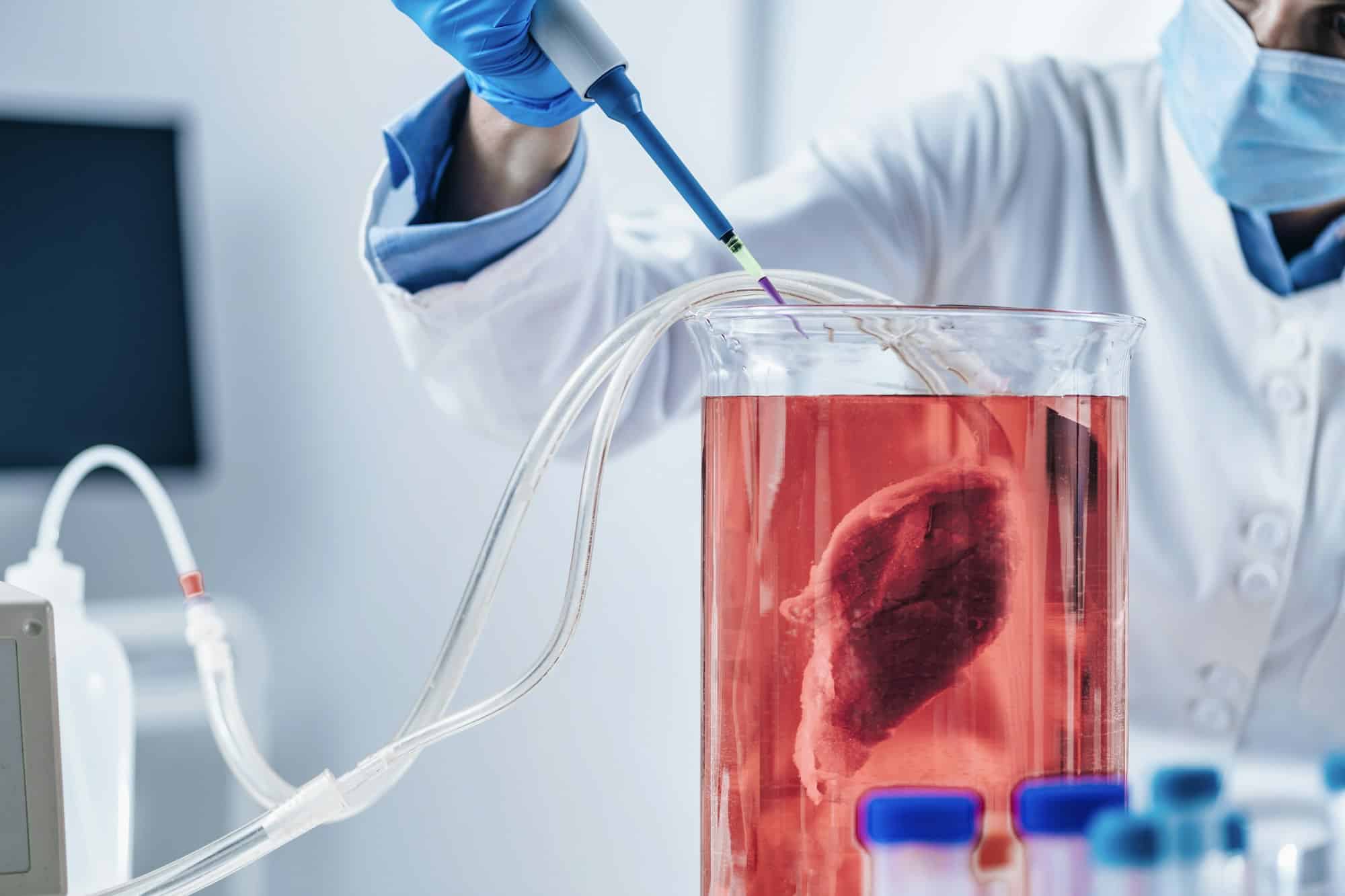What Are the Prospects for Lab-Grown Meat and Its Acceptance in the UK Market?

You must have heard about lab-grown or cultured meat. It’s a hot topic that is currently attracting a lot of attention around the world. But what exactly is it? And more importantly, what are its implications for the future of food? Specifically, how is it likely to fare in the UK market? Let’s delve into these questions and more.
Understanding the Concept of Cultured Meat
Before we discuss the prospects for lab-grown meat in the UK, we must first understand what it is and how it’s produced. Cultured meat, also known as cultivated or lab-grown meat, is a type of food product that is created from animal cells. Unlike traditional meat, which is obtained by raising and slaughtering animals, cultured meat is produced in a lab.
Avez-vous vu cela : The best Meribel rental agencies for your holidays
The production process involves taking a small sample of animal cells (typically muscle cells) and then placing these cells in a culture medium that mimics the conditions inside an animal’s body. In this environment, the cells multiply and grow, eventually forming muscle tissue that can be harvested and processed into meat.
Cultured meat has the potential to revolutionize the food industry. It offers a sustainable and humane alternative to conventional meat production, which is associated with numerous environmental and ethical issues. However, despite these benefits, the acceptance of cultured meat among consumers is far from guaranteed.
A découvrir également : How to Navigate the Complexities of Adopting Electric Cars in Rural UK Areas?
The Current State of the Cultured Meat Market in the UK
The cultured meat market is still in its early stages of development. However, it’s already showing promising signs of growth. According to a recent report by Crossref and Scholar, the UK has emerged as one of the leading countries in the field of cultured meat research and production.
Several UK-based startups are working on developing and commercializing lab-grown meat products. They are backed by significant investment from venture capital firms who see the potential in this emerging market. These companies are utilizing cutting-edge cell culture techniques to produce a variety of meat products, from beef and chicken to seafood.
However, the commercial production and sale of cultured meat in the UK still face several hurdles, including regulatory challenges and consumer acceptance. The Food Standards Agency (FSA) is currently reviewing the safety and quality of cultured meat products, and it remains unclear when these products will be approved for sale.
Consumer Acceptance of Lab-Grown Meat
Consumer acceptance is a key factor that will determine the success of lab-grown meat in the UK market. According to a recent survey by Crossref, UK consumers are divided on the issue of cultured meat.
There are those who are excited about the prospect of enjoying meat that has been produced without harming animals. These consumers see cultured meat as a way to continue their meat-eating habits without contributing to animal suffering and environmental degradation. They are also keen on the potential health benefits of lab-grown meat, as it can be engineered to be lower in fat and free from harmful bacteria and antibiotics.
On the other hand, there are consumers who are skeptical about eating meat that has been grown in a lab. They have concerns about the taste and texture of cultured meat, as well as its safety and nutritional value. There are also questions about the affordability of lab-grown meat, as current production costs are high.
The Future Prospects for Lab-Grown Meat in the UK
Despite the challenges, the outlook for lab-grown meat in the UK is promising. As the technology matures and production costs come down, cultured meat is expected to become more accessible and affordable for consumers.
In addition, the UK government has shown support for the cultured meat industry. In 2021, it launched the National Food Strategy, which includes provisions for promoting alternative protein sources, including lab-grown meat. This could help accelerate the development and acceptance of cultured meat in the UK.
Furthermore, as consumers become more aware of the environmental and ethical issues associated with conventional meat production, the demand for alternatives like cultured meat is likely to increase. In fact, a survey by Scholar found that 62% of UK consumers would be willing to try lab-grown meat, indicating a growing openness to this new form of food.
In conclusion, while the cultured meat market in the UK is still in its infancy, the prospects are bright. The UK has the potential to become a world leader in this exciting new field, providing consumers with a sustainable and ethical alternative to conventional meat.
Remember, the future of food is not just about what we eat, but how it’s produced. And with lab-grown meat, we have the opportunity to create a food system that is kinder to animals, better for the environment, and healthier for us all.
Regulatory and Ethical Challenges for Lab-Grown Meat
While the cultured meat industry shows promising potential, it also faces numerous regulatory and ethical challenges. The production of lab-grown meat in the UK is currently under the scrutiny of the Food Standards Agency (FSA). The FSA is playing a crucial role in ensuring that these products meet the same safety and quality standards applicable to conventionally produced meat.
Moreover, there are questions regarding the labeling of lab-grown meat products. How should these products be labeled? Should they be called ‘meat’? These are important considerations as they can significantly influence consumer perceptions and acceptance.
Key ethical issues also arise in the production of cultured meat. Although the process doesn’t involve the slaughter of animals, it does require the initial collection of animal cells. This could potentially raise animal welfare concerns, especially if the collection process causes harm or distress to the animals.
Furthermore, there are debates about the overall sustainability of lab-grown meat. While it’s true that cultured meat produces fewer greenhouse gases than conventional meat, the energy inputs required for the production process are quite high. This could lead to other environmental issues such as increased energy consumption and waste generation.
Conclusion: The Future of Cultured Meat in the UK
In conclusion, the future of lab-grown meat in the UK holds a great deal of promise, yet it also presents many challenges. With significant investment flowing into the sector, advancements in technology, and growing consumer interest, the UK is well-positioned to become a leading player in the global cultured meat industry.
However, to fully realize this potential, many hurdles need to be overcome. These include regulatory challenges, ethical concerns, and the need to enhance consumer acceptance. Positive perceptions of cultured meat will need to be fostered through transparent communication about its production process, nutritional value, and environmental benefits.
The price of lab-grown meat will also need to be competitive with conventional meat for it to gain widespread acceptance. As the cell culture technology improves and scales up, the cost of production is expected to come down, making it a more affordable option for consumers.
Overall, the journey towards commercializing cultured meat in the UK is a complex one, filled with both opportunities and obstacles. But the potential rewards – a more sustainable, ethical, and efficient food system – make it a journey worth undertaking.
We are living in an exciting time, where the food we eat and how it’s produced is undergoing a significant transformation. The rise of lab-grown meat is part of this larger shift towards a more sustainable and ethical food system. As we move forward, it’s crucial to keep an open mind and embrace the possibilities that cellular agriculture offers. After all, the future of food is not just about what we eat, but how it’s produced.
And so, cultured meat, while still in its infancy, presents us with an opportunity to rethink our food system and to create a future that is kinder to animals, better for the environment, and healthier for us all.
